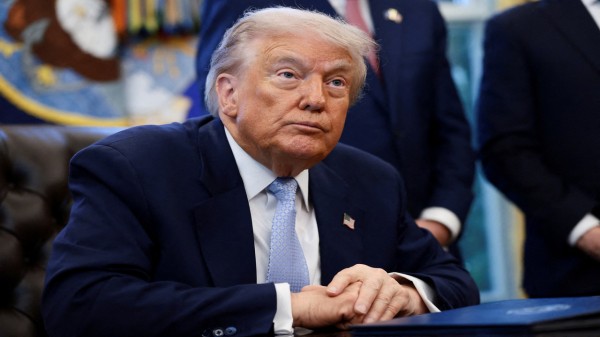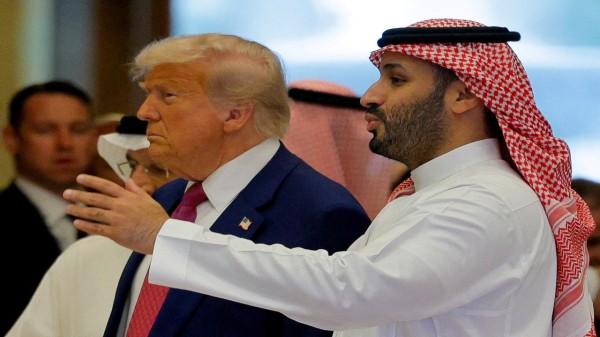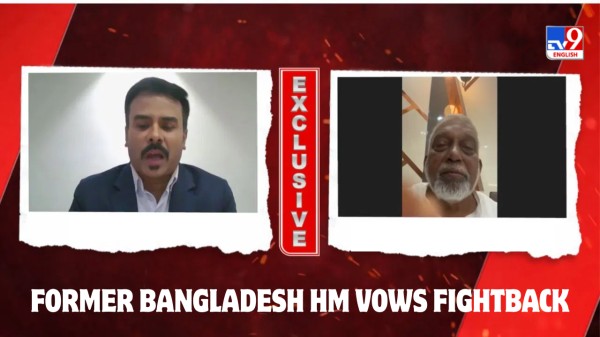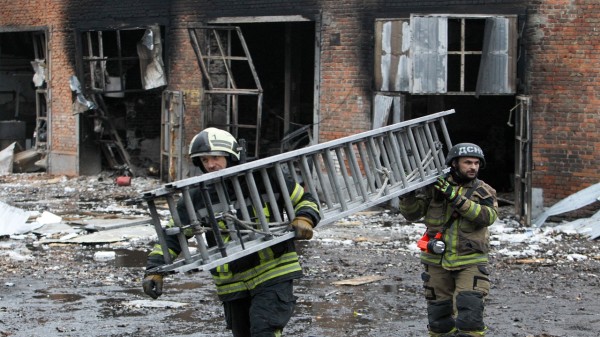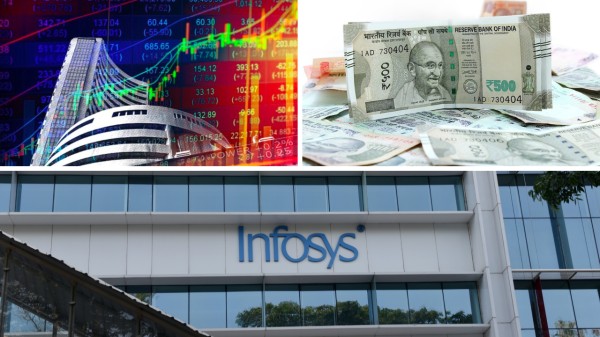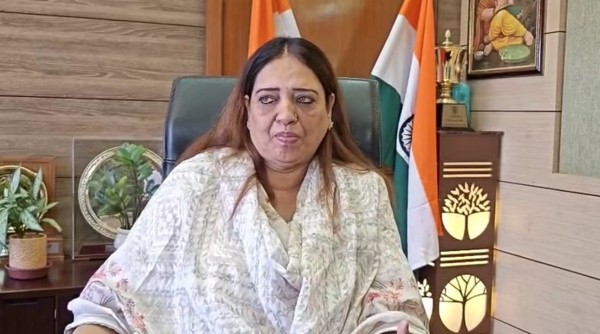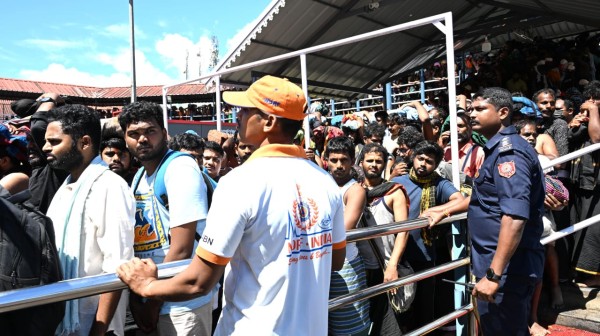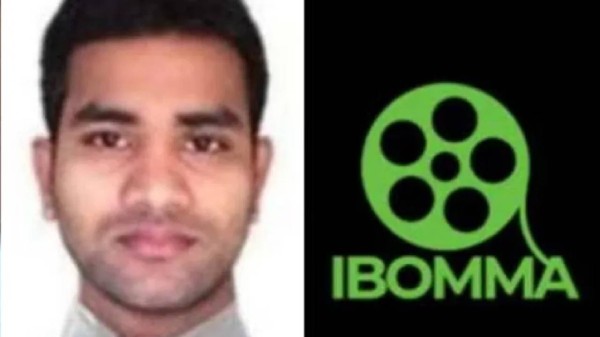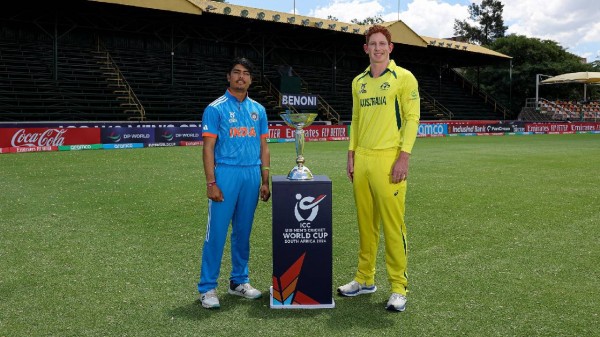

By signing in or creating an account, you agree with Associated Broadcasting Company's Terms & Conditions and Privacy Policy.


By signing in or creating an account, you agree with Associated Broadcasting Company's Terms & Conditions and Privacy Policy.

New Delhi: Ukrainian President Volodymyr Zelensky is grappling with the most serious corruption controversy of his six-year tenure after investigators accused one of his longtime associates of orchestrating a massive bribery network, the Kyiv Independent reported.
The case centres on Timur Mindich, a close friend of Zelensky and co-owner of his former entertainment venture, Kvartal 95. According to Ukraine's National Anti-Corruption Bureau (NABU), Mindich headed a group that collected nearly USD 100 million in bribes and kickbacks from contractors tied to a state-owned energy firm in return for safeguarding their business operations. NABU alleges the network funnelled large sums through shell corporations. Mindich fled the country before formal charges could be brought against him.
Initially, Zelensky’s administration attempted to minimise Mindich’s involvement. But growing public pressure forced the president to announce that sanctions would be imposed on his former business partner.
Political experts say the scandal highlights a persistent pattern among Ukrainian leaders. "The inner circle is always a problem for almost every Ukrainian president," said analyst Volodymyr Fesenko. "For Zelensky, these are friends. People he knew and trusted. But life has punished him a few times, especially now with Mindich, showing that excessive trust in friends can end badly."
Zelensky swept to power in 2019 promising to break with Ukraine’s history of corruption, cronyism, and entrenched political networks. Analysts now argue that his dependence on familiar faces has turned into a major vulnerability. "Society voted for Zelensky as an idea, not for his team or an ideology," said political analyst Oleh Saakian. "We end up with a situation where decision-making is concentrated in the President's Office. Absolute power corrupts absolutely. It was only a matter of time before someone in the inner circle started enriching themselves or tried to play their own game."
During his campaign, Zelensky had sharply attacked then-President Petro Poroshenko over corruption scandals involving his top aides. "Modern politicians are tied to old grudges, nepotism, and business projects, and are incapable of changing Ukraine," he said at the time.
But within two years of taking office, around 30 individuals linked to Zelensky’s family or his comedy studio were appointed to influential government roles, according to the Kyiv Independent, citing investigative outlet Bihus.Info.
Zelensky has often defended his core team. "If I lose my team, and it's a small one, 5-6 managers, we will become weaker," he said in 2023.
Public sentiment appears divided. A 2024 survey by the Kyiv International Institute of Sociology found that half of Ukrainians believe Zelensky delivered “few or none” of his promises. Among critics, 50 per cent blamed “dishonest, corrupt people in his team,” while 32 per cent cited inadequate staffing.
In recent years, several high-ranking figures close to Zelensky have faced criminal charges or investigations, the Kyiv Independent noted. Deputy head of the President’s Office Oleh Tatarov was charged with bribery but continues to hold his position. Another deputy head, Andrii Smyrnov, was removed in 2024, while Rostyslav Shurma is under investigation following a raid on his Munich residence.
Former Deputy Prime Minister Oleksiy Chernyshov has faced two charges of illicit enrichment. Meanwhile, ex-Prosecutor General Andrii Kostin, who resigned amid corruption accusations, was recently appointed ambassador to the Netherlands. The unfolding scandal has renewed scrutiny of Zelensky’s leadership style, raising questions about accountability and the influence of his inner circle as Ukraine continues to navigate war, governance pressures and public expectations.
